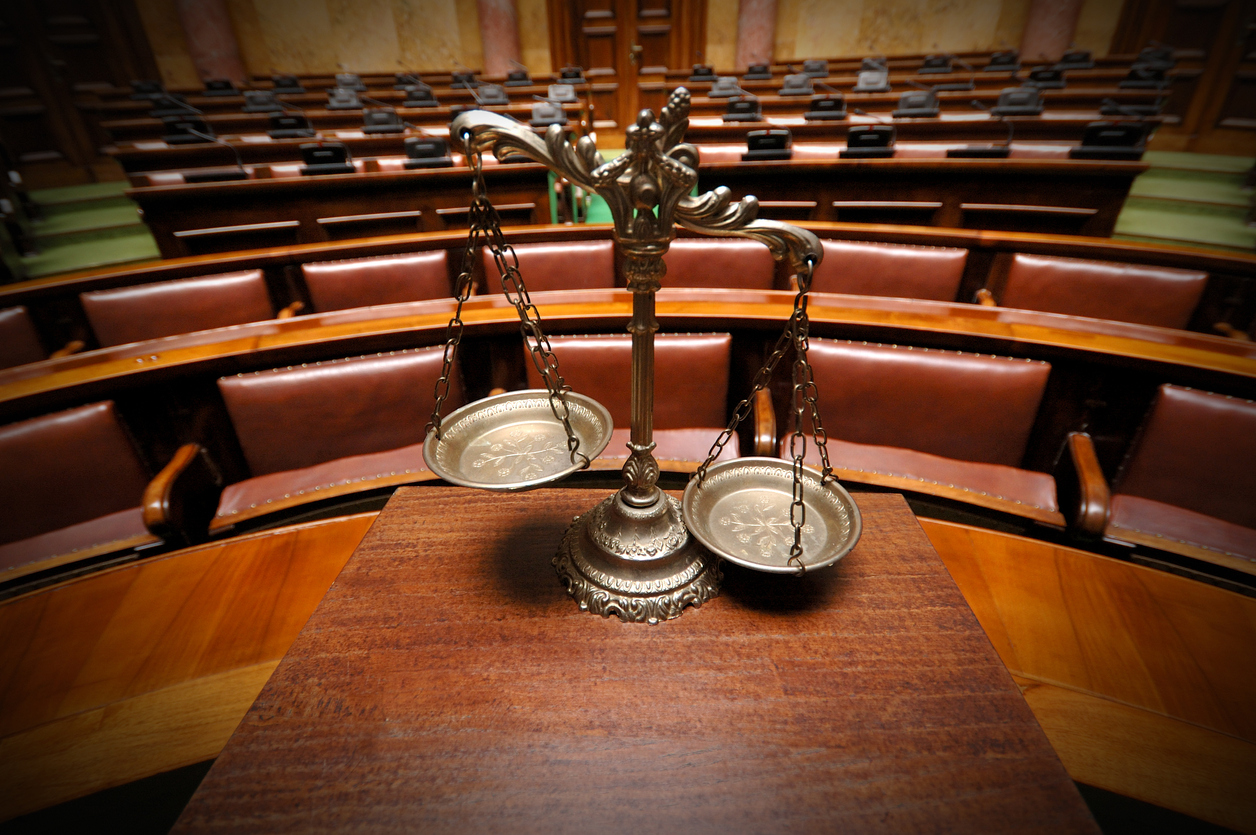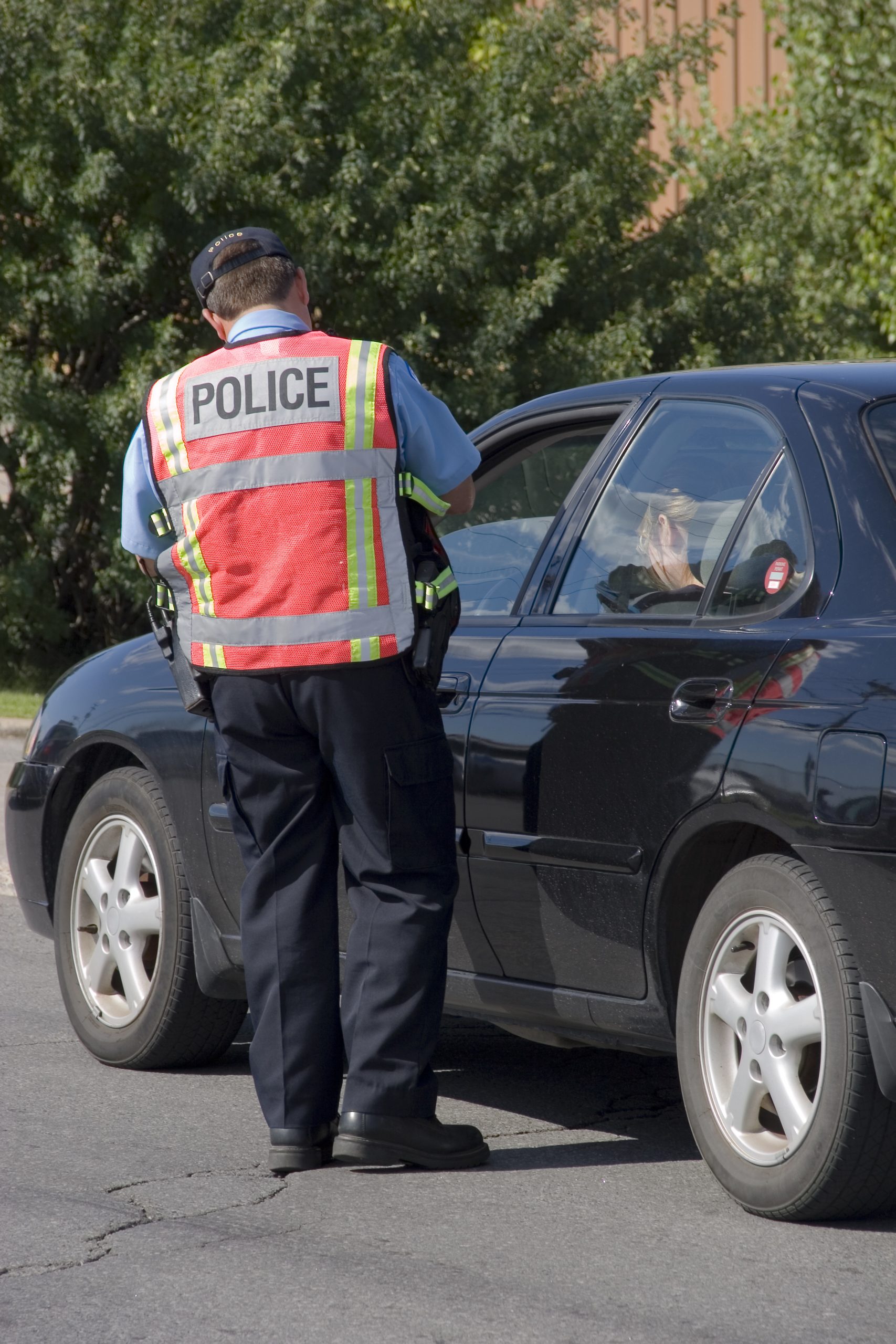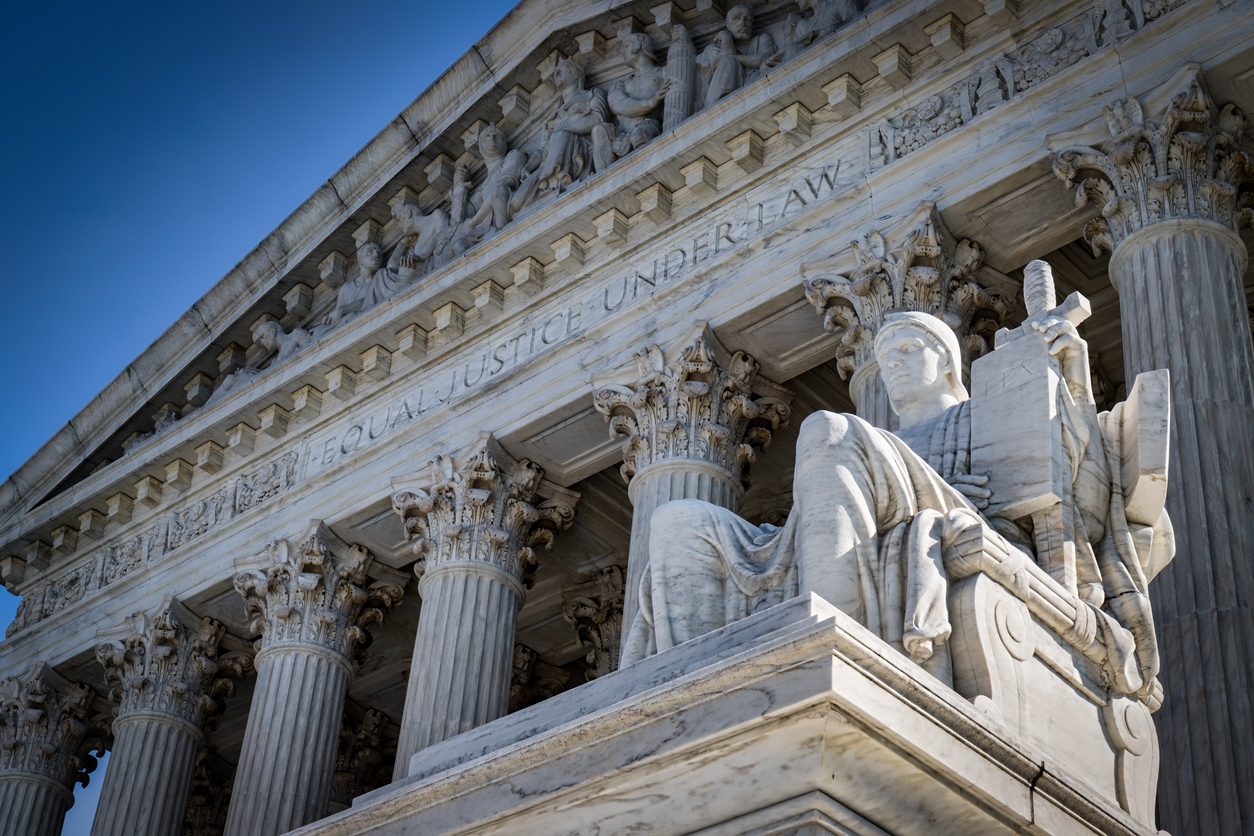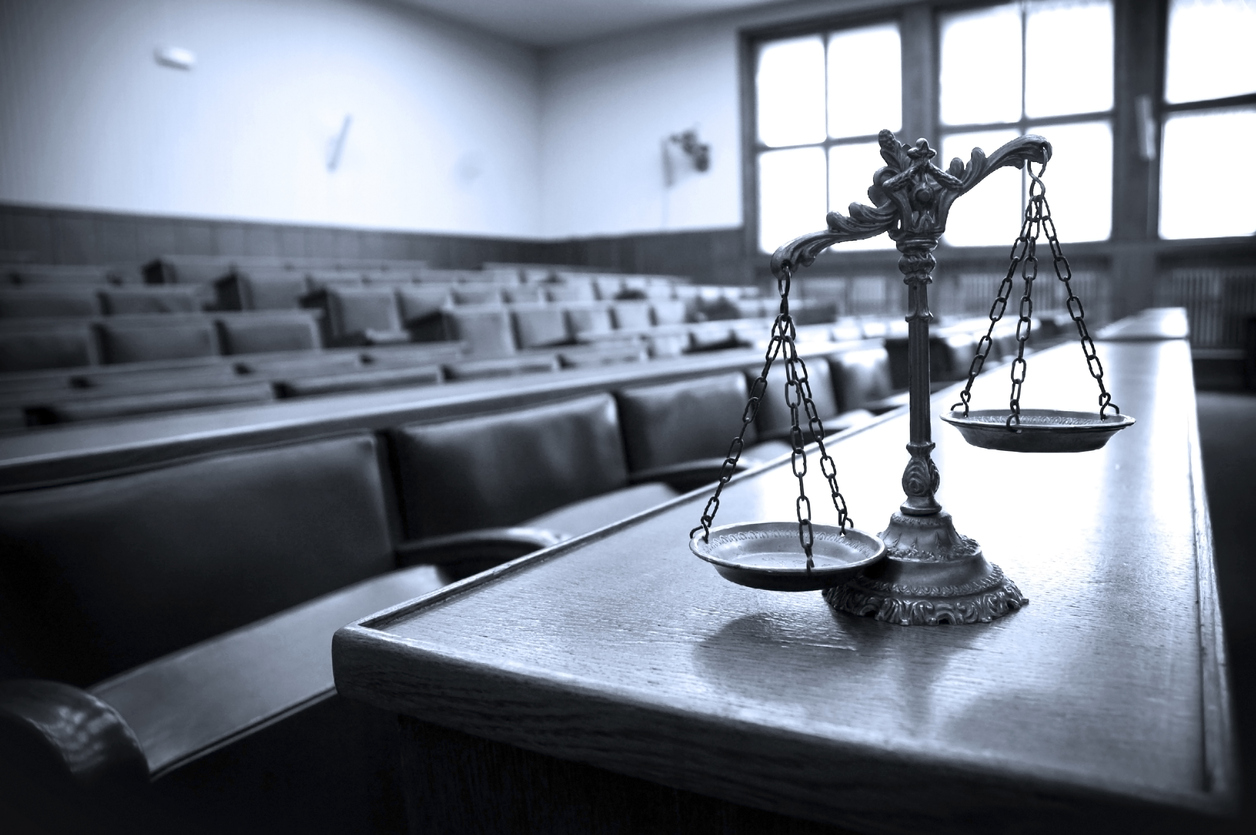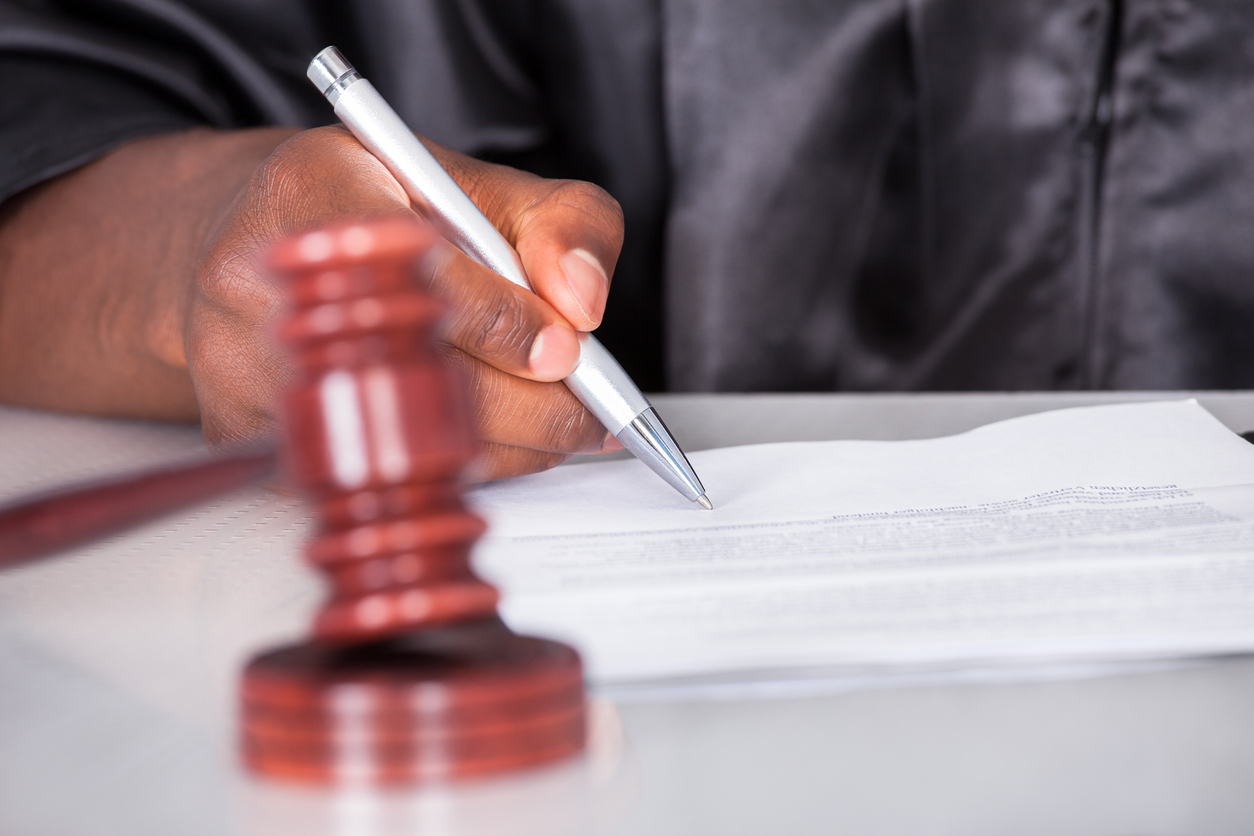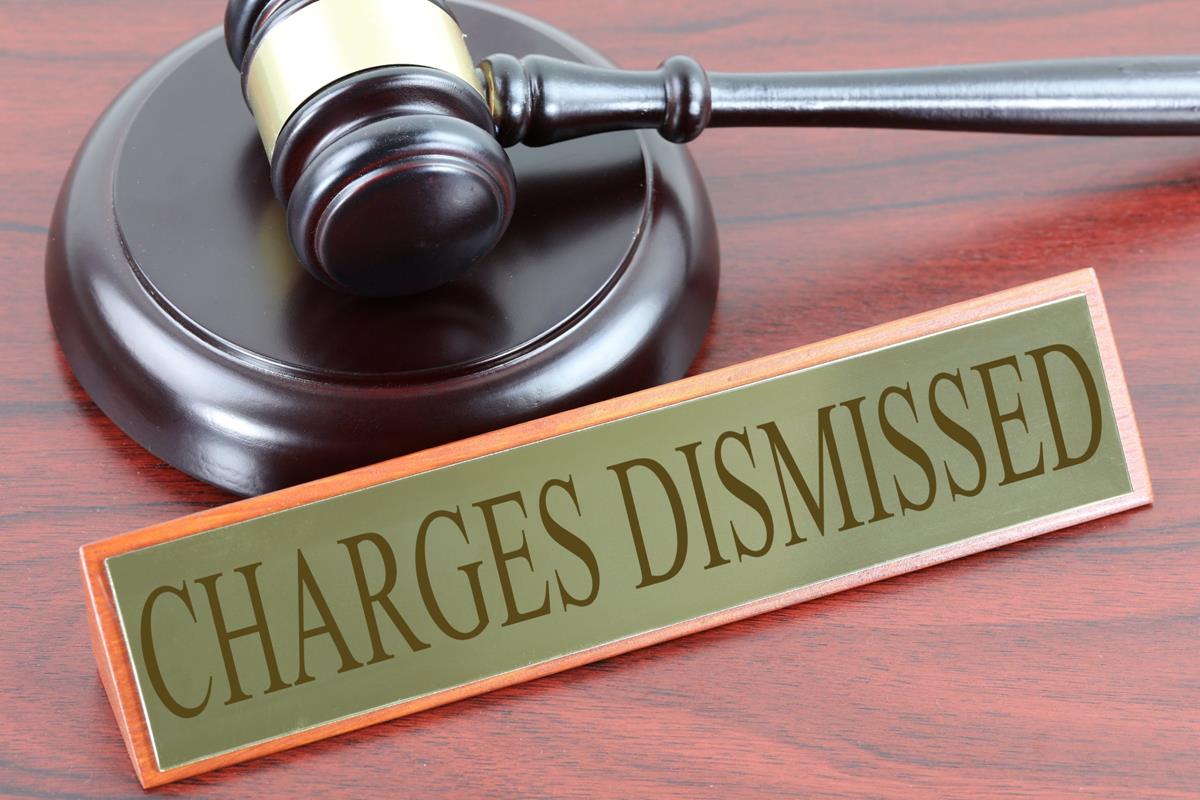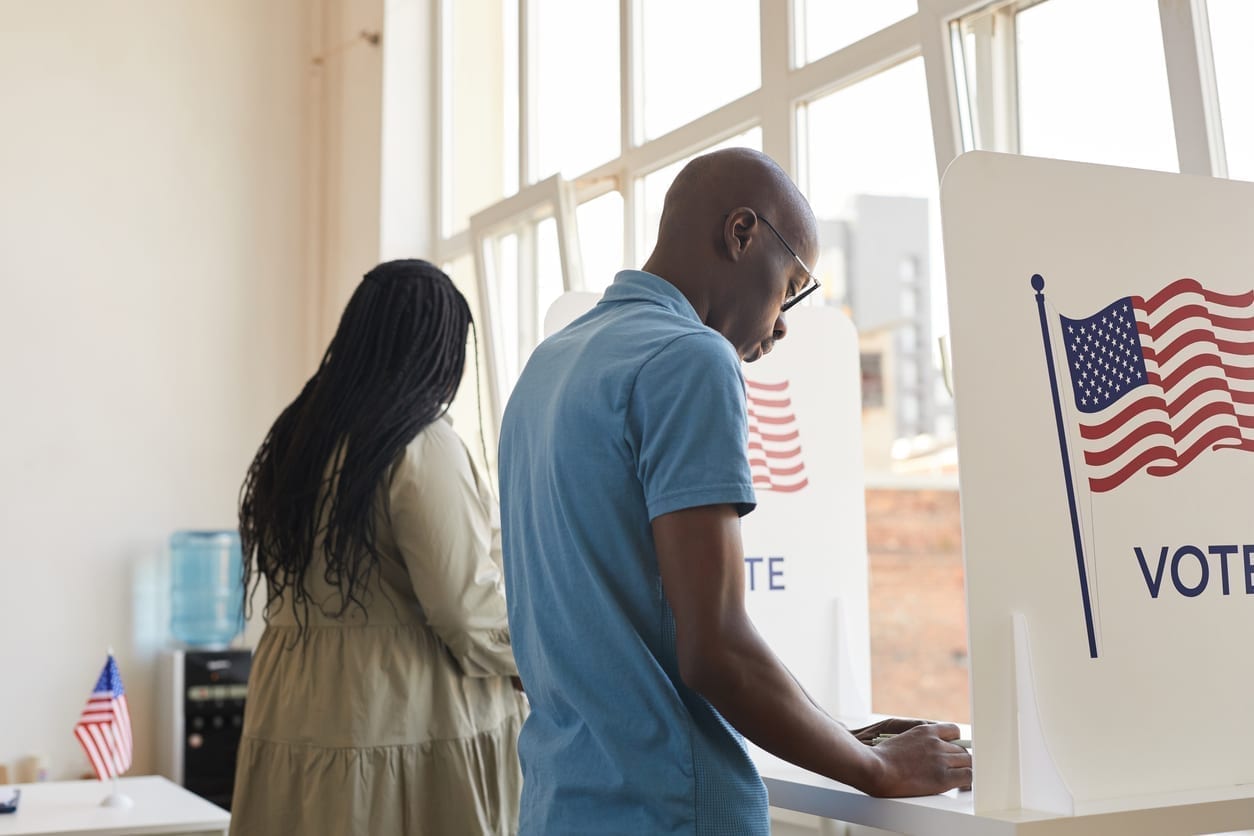Blog Posts
What is an Arraignment in a Criminal Court Case?
An arraignment is the first formal hearing in a criminal case. The judge will read the charges against you, and you will enter a plea.
READ MOREI’ve Been In Your Shoes: Getting Home Safe and Knowing Your Rights
Knowing your rights doesn’t always mean that they will be honored.
READ MOREWhat Is Probable Cause In A Hearing or Investigation?
For law enforcement, probable cause allows them to get warrants. Probable cause for prosecutors means they have enough evidence against you to hold a hearing
READ MOREWhat is the Difference Between a Guilty Plea and a Not Guilty Plea?
At the beginning of a criminal case, you have three choices when you enter a plea: guilty, not guilty or no contest. How do you decide which?
READ MOREWhat Does an Acquittal in a Criminal Trial Mean?
Acquittals can also happen for some charges in a case, but not for all the charges. But, an acquittal is not the same as a not guilty ruling.
READ MOREWhat Are Miranda Rights and What Happens When You Invoke Them?
“Miranda rights” are your right to be informed of your Fifth Amendment rights. Under the Fifth Amendment, you have the right to not incriminate yourself. This is also known as the right to remain silent. You also have the right to have an attorney represent you.
READ MOREWhat Are Your Rights To A Trial in a Criminal Case?
The Bill of Rights outlines a number of rights that everyone has during a criminal trial. These rights help to ensure that people have a fair legal process.
READ MOREWhat are Criminal Charges in an Indictment?
An indictment is an official document someone receives when they get accused of a crime. Indictments are usually reserved for felony-based charges.
READ MOREWhat Is a Dismissal of the Charges Against You?
A dismissal of the charges against you means your current criminal case will end. But, this does not mean the charges go away for good.
READ MOREHow Can You Restore Your Right to Vote After Leaving Prison?
Only Maine, Vermont, and the District of Columbia let you vote from prison. In all other places, you will lose the right to vote after you get convicted. But in many cases, you can restore your right to vote back after leaving prison.
READ MORE